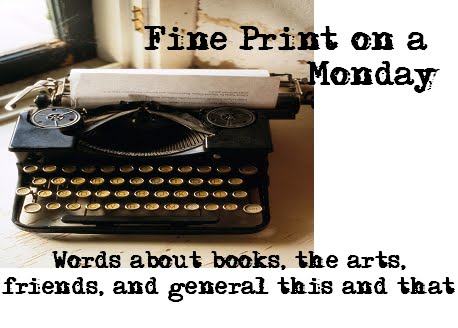I always understood that English evolves with time. But my college Linguistics classes and my IPA
(International Phonetic Alphabet) theatre class never went into the fascinating
detail covered in Mary
Norris
Her fierce, at times academic, delivery of the information
was challenging (maybe even boring) at first, but in no time, I found myself
drawn back to the book time and time again, eager to get another small lesson
in the life of our language.
Who knew that, in addition to birthing a nation, many of our
founding father’s invested time into the development of a language for our new England? Here’s a passage that explains that:
Wow. My IPA studies
provided a basic understanding of diacritical marks in order to use or teach
accents and dialects to those who are not lucky enough to have refined ears. I never gave thought to the fact that
somebody had to actually study sounds and break them down to tiny components and then devise a way of to symbolically distinguish one sound from another.
Surly a myriad of uses exist for this knowledge other than theatre. Think about how valuable intonation and
inflection in pronunciation must be to the CIA and the FBI.
This book is packed with information, including a look at
the detailed work that goes into each edition of the New Yorker, where Mary Norris Norris devotes over ten pages alone to a discussion on
gender neutral words and all the acceptable variations of s/he, his/hers and sheesh.
If this sounds interesting but perhaps a bit much for an intro
to language, try Richard
Lederer
As for me, my appreciation of our language is growing along with my
understanding that, like many things in life, sometimes even the traditional,
time-tested ways of doing, being or saying need to be examined challenged, and
YIKES! maybe even changed. My greatest wish is that this book will finally drill into my head how to properly use commas.
Thanks for stopping by.

